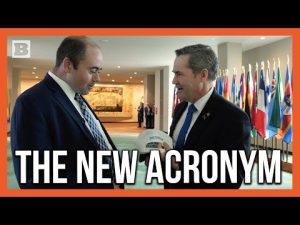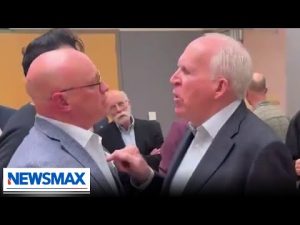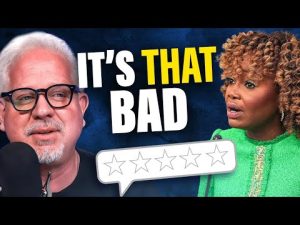President Trump’s sit-down with Norah O’Donnell marked his return to 60 Minutes after a five-year absence, and CBS’s handling of the segment exposed the precise kind of media control Americans distrust. The network aired a tight 28-minute package on Sunday while later posting a much longer 73-minute version and a full transcript of the Oct. 31, 2025 interview, a concession that proves viewers deserve the whole story, not elite edits.
From the outset Trump pushed back hard, defending his second-term agenda and making clear he holds Democrats responsible for the shutdown, arguing Republicans have been voting to end it while Democrats refuse. He even floated the nuclear option of ending the filibuster to get conservative priorities through, a blunt talk that the establishment press predictably framed as “combative” rather than substantive.
CBS’s multiple edits and the decision to omit key exchanges show once again that legacy outlets trim interviews to suit a narrative, not to inform the public. Portions left out of the broadcast — including Trump’s remarks about a $16 million settlement with Paramount and scathing lines about media leadership and the 2020 election — appeared only in the extended version, underscoring why conservatives have been right to distrust sanitized “news.”
On the controversial pardon of Binance founder Changpeng Zhao, Trump stuck to the script that his administration will push back against what he calls weaponized prosecutions and argued for American leadership in crypto rather than punitive overreach. Whether you like the substance or not, he forced the conversation onto prosecutorial fairness and innovation, topics the mainstream press would rather bury than debate in public.
Watching Trump stand his ground — taking questions, firing back at liberal framing, and refusing to be muzzled by a friendly-or-hostile edit — felt like a reality check for patriots who have watched the news cycle coddle the Left for too long. This was not theater; it was a demonstration that conservative viewpoints will not be erased simply because the ruling class finds them inconvenient.
The stakes are real: the shutdown is hurting federal workers and ordinary Americans, and the media’s choice to package rather than present the full exchange does a disservice to the country. Conservatives should take this interview as a call to keep fighting for transparency, to call out biased outlets, and to demand that our leaders and our press answer to everyday Americans, not coastal elites.







